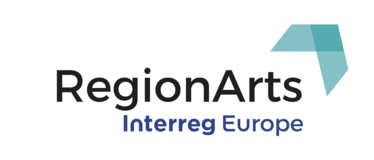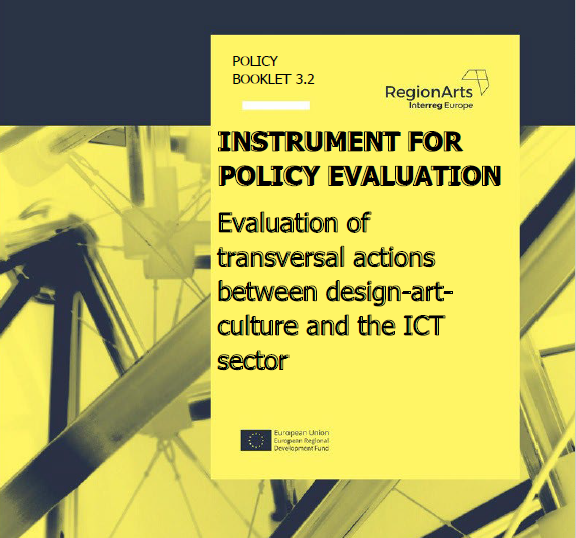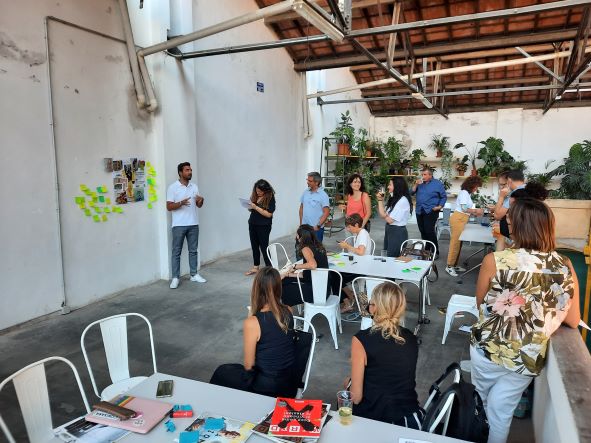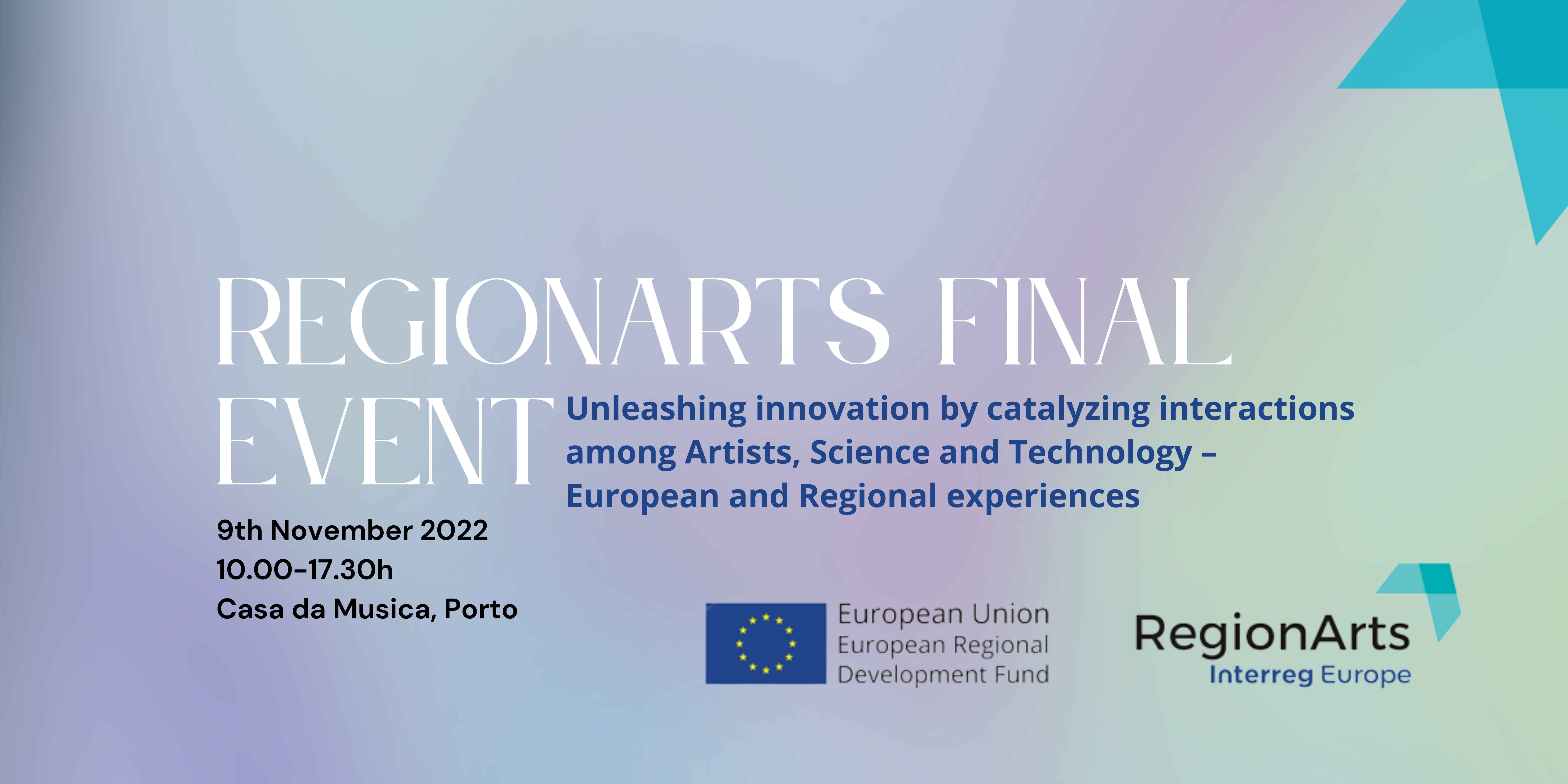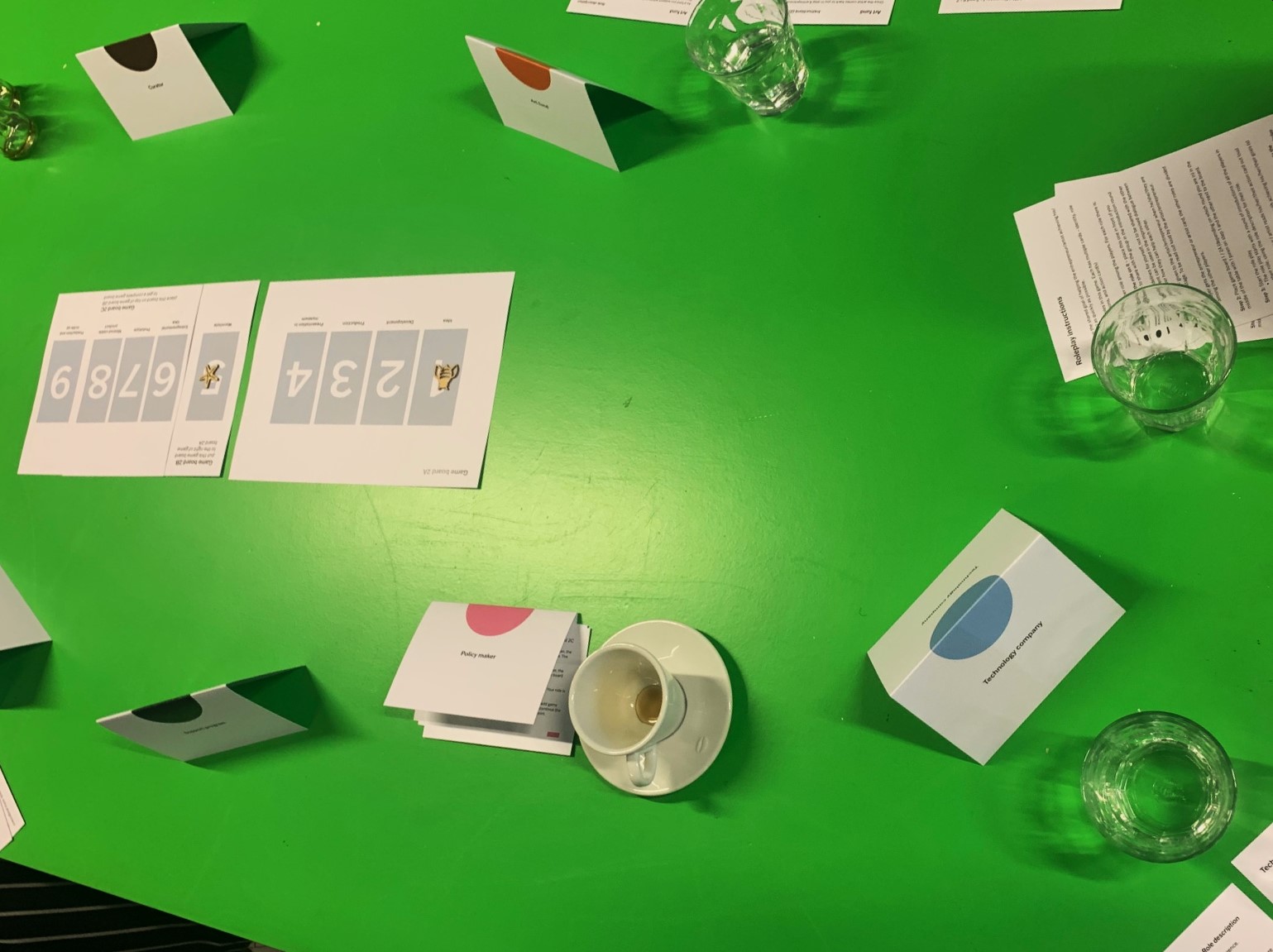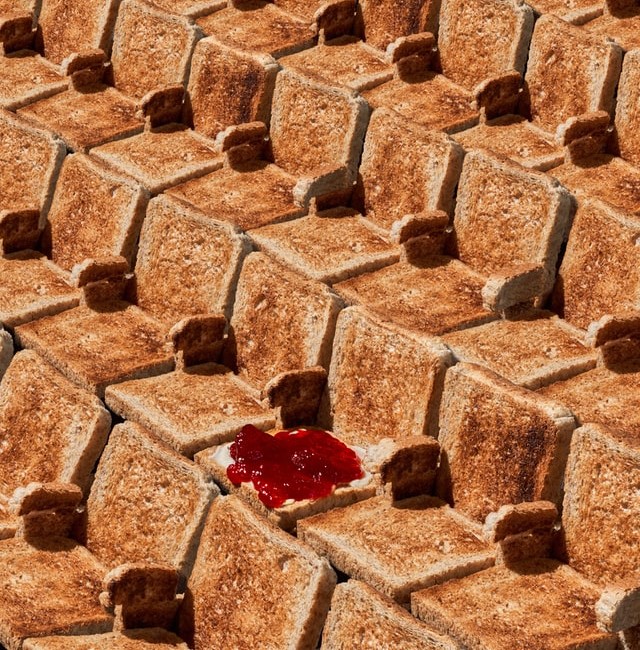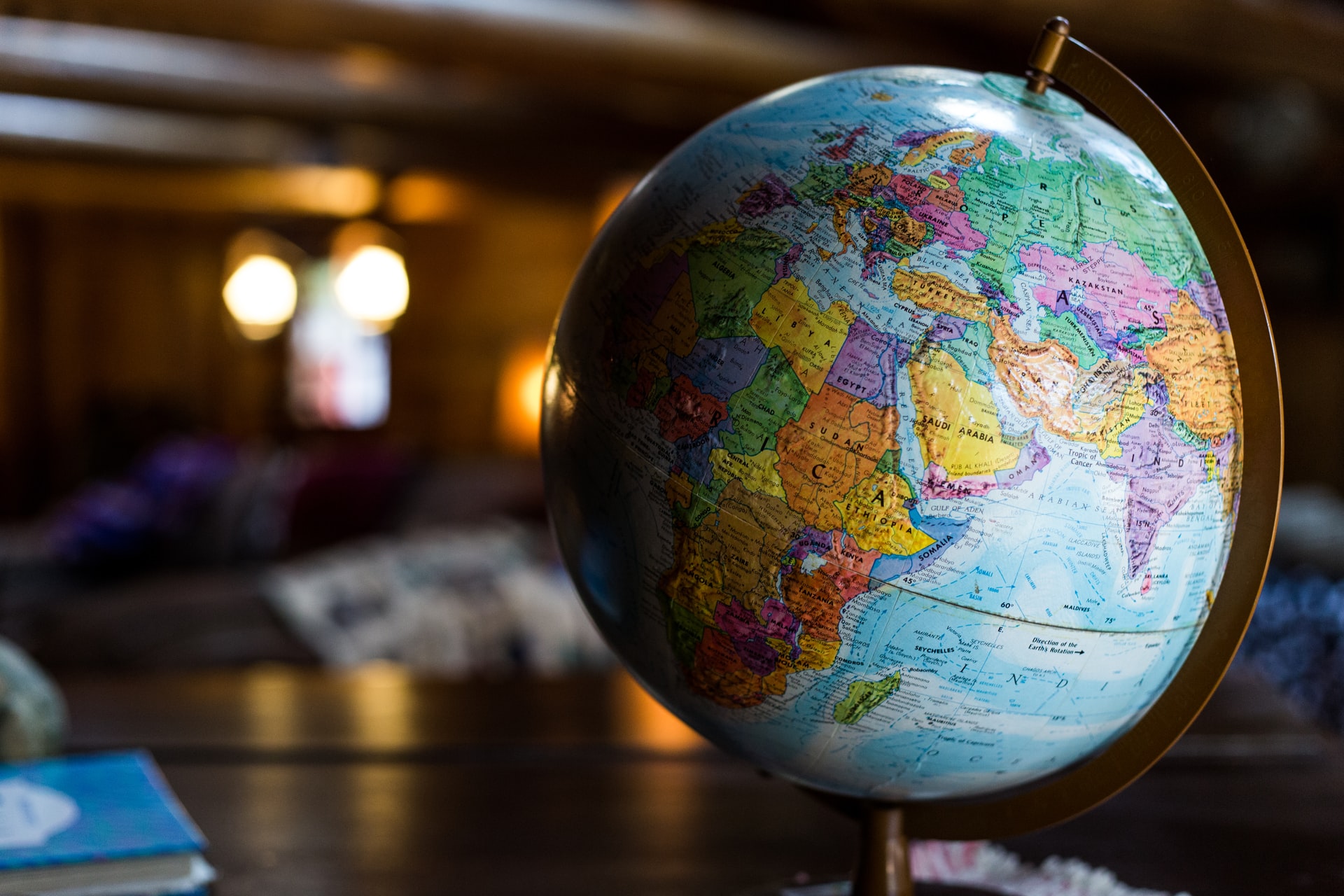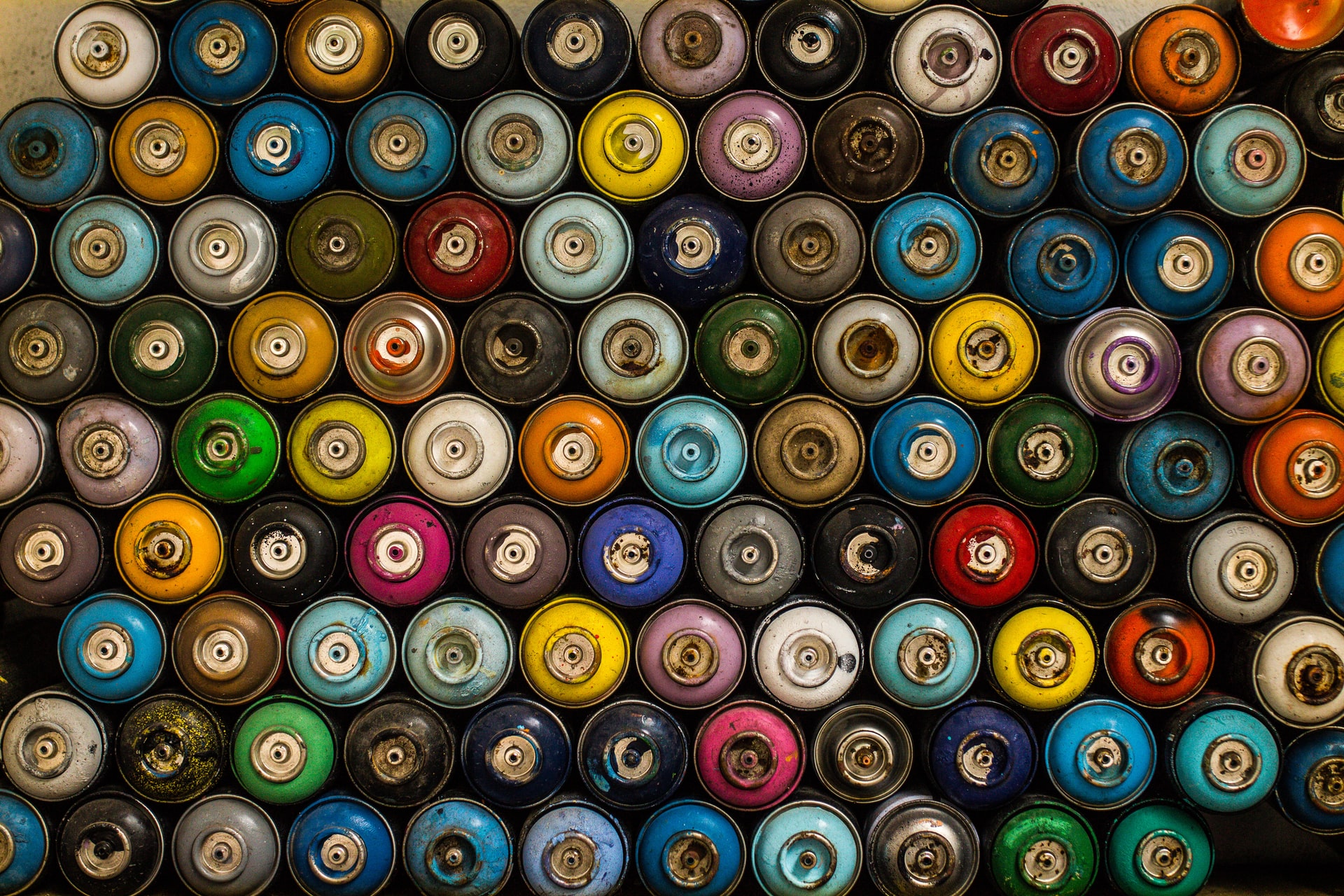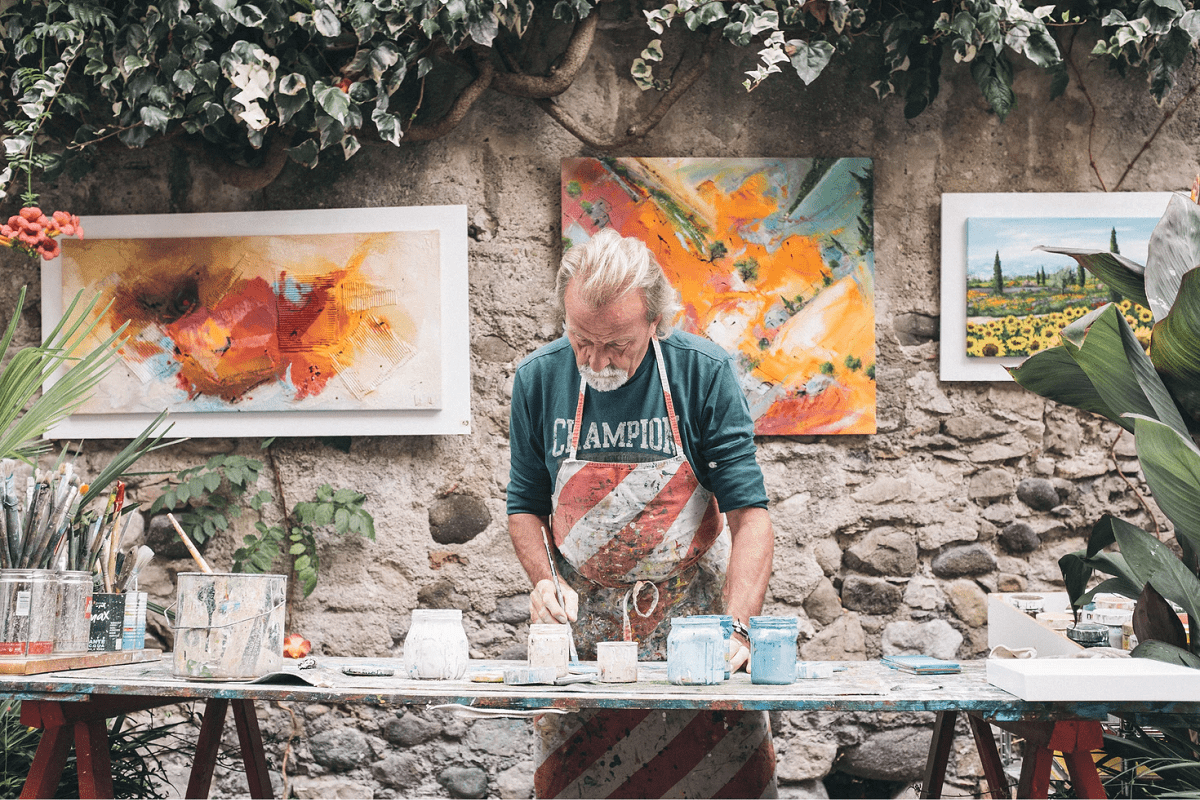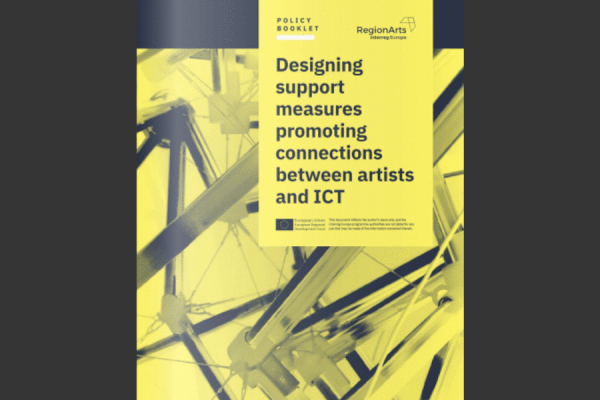
LABattoir is a socially engaged machine for the production of culture; a laboratory of applied creativity that responds to society’s needs and problems introducing solutions and alternative strategies with the contribution of the artist as the catalyst and the citizen as co-producer. LABattoir’s mission is to introduce a new conception of creativity, to invent new activities and practices, and engage artists and creative citizens with art, design and new forms of "social practice”. LABattoir is an initiative of the Municipality of Thessaloniki, based on a concept by ArtBOX non-profit organisation and it is implemented through a founding grant from the Stavros Niarchos Foundation (SNF).
They accepted our challenge and answered some questions sharing their experience and perspective on how to integrate arts in ITC for SME innovation and competitiveness, something that RegionArts also strives to accomplish.
Q: Interreg Europe Programme facilitates interregional cooperation and mutual learning in Europe. How important do you think this exchange of experience is among the European regions on fields of common interest?
A: Any exchange of experience and knowledge can be extremely important at any level of cooperation. There is so much information that both institutions and individuals can get from each other and examples or practices that they can share and adapt to local circumstances. This practice of sharing and exchanging experiences is also used as a learning method during the workshops and seminars we organise, so you can understand that we value a lot the exchange of information and experience.
Q: LABattoir is clearly the result of bringing together different stakeholder organisations activating in creative and social economy sectors. At what extent do you believe that synergies within a local ecosystem can contribute to achieving sustainable impact on people and communities?
A: Indeed, LABattoir is the result of different stakeholder organisations coming together into a common goal. It is the result of the cooperation between a non-profit organisation, a foundation and a municipality. These kinds of synergies are not very common in Thessaloniki and we believe that they are crucial for the creative sector and the local community, since they provide a framework and a structure for both communities to interact, to gain knowledge and to improve their professional skills.
Q: RegionArts project is addressing the challenge of integrating arts in ITC for SME innovation and competitiveness. What are the perspectives of such interaction, based on your experience?
A: There can be very interesting and innovative outcomes when arts and ITC merge. From our experience, mainly coming from the creative sector, it is a whole new field of experimentation for artists and creatives on how to integrate art and technology in order to produce results or products that SMEs can then use to become more innovative and thus more competitive. We have seen this in practice through the two tools that we have designed and produced through workshops with experts and creatives in the context of LABattoir project - Freevolous City Stage and the mobile studio. Both tools use different technologies to deliver artistic and creative outputs that activate public space and encourage audience interaction. What we consider really important at this point is to find ways to further develop research on the capabilities that this merging of arts and IT has to offer to SMEs. This is why RegionArts project and its potential outcomes can be really useful.

